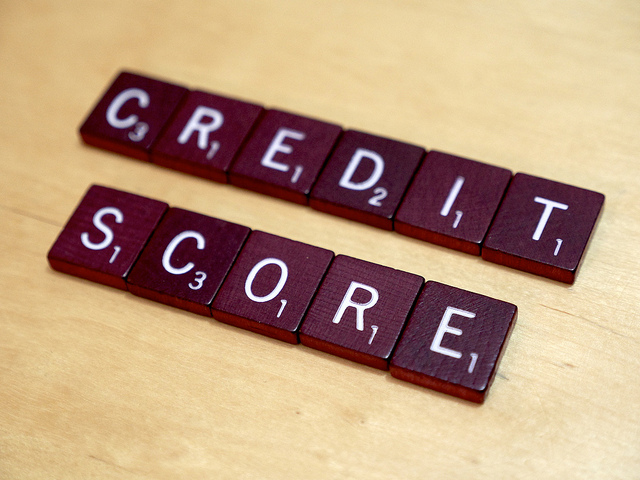3 Reasons to Pay Off Your Credit Cards Now


Many credit card holders mistakenly think they’ll be OK making minimum monthly payments, only to one day realize they’re on the hook for thousands of dollars in interest. Instead of remaining stuck in the revolving door of credit debt, consider taking out an alternative loan to pay off those debts and get back on firm financial footing.
Here are the three most compelling reasons we know to drop your credit card debt as soon as possible.
1. Large balances hurt your credit
Using credit cards for small purchases each month and paying them off right away can boost your credit score because it proves you can manage debt, but large balances do the opposite.
Lenders use your debt-to-income ratio to determine whether you are financially stable enough to take on new loans or credit lines. If you’re using more than 30 percent of your available credit and paying only the minimum payments, you appear as a risky borrower and chances of approval drop significantly.
Taking a loan to pay off high credit card balances is one way to regain financial control and improve your score. By paying off your high interest debt with a low interest monthly payment loan, you will be back to building positive credit and saving hundreds of dollars in interest, which leads us to number 2…
2. You will likely save money
Interest rates on credit cards can vary greatly, ranging from anywhere around 11% and skyrocketing up to 79.9% APR. While interest rates don’t affect those who pay off the card balance in full each statement period, they matter to many of us who unfortunately keep an unwanted balance on our credit cards.
Interest will accrue on top of your remaining balance at the end of the month and your outstanding debt will increase. This may be a small amount for those with minimal balances, but could add on hundreds of dollars each month for larger sums.
3. Credit card debt spirals quickly
Having one or two high-interest cards may seem manageable at first. But all it takes is one financial setback to become dependent on those cards and rack up serious debt.
It’s natural during significant moments in our lives to incur some amount of debt (emergencies, moving, pregnancy, etc.) But just as important as those moments are, it is equally important during those times not to spend frivolously.
“Paying off large credit card balances can really be a challenge, especially if you have multiple cards, payments, and interest rates with no end date in sight,” says Lisa Nestor, research manager at Payoff, an alternative lender that specializes in credit card debt.
Nestor recommends an “organize and optimize” approach to paying down cards, whether that’s using the snowball strategy to manage small debts and work up to the the larger ones, or the laddering method of tackling your highest interest accounts first.
Don’t be controlled by credit cards
Let’s face it, credit cards are a necessity in our lives but they don’t need to control us. Removing high interest debt will not only alleviate a major stressor in your life but can also save you money. It also increases your chances of being able to finance more important milestones — like starting a family, traveling , or buying your first house.
Alternative finance is a great option for those who have looming high interest credit card debt. By consolidating your cards into a potentially lower interest rate could save you money, help you save for the future, and build positive credit. However, this method may not be for everyone, it is important before taking out a loan to research the right course of action for your situation.
If you’re interested in seeing what rates you would qualify for from these alternative lenders, check out this tool below and see your options:

